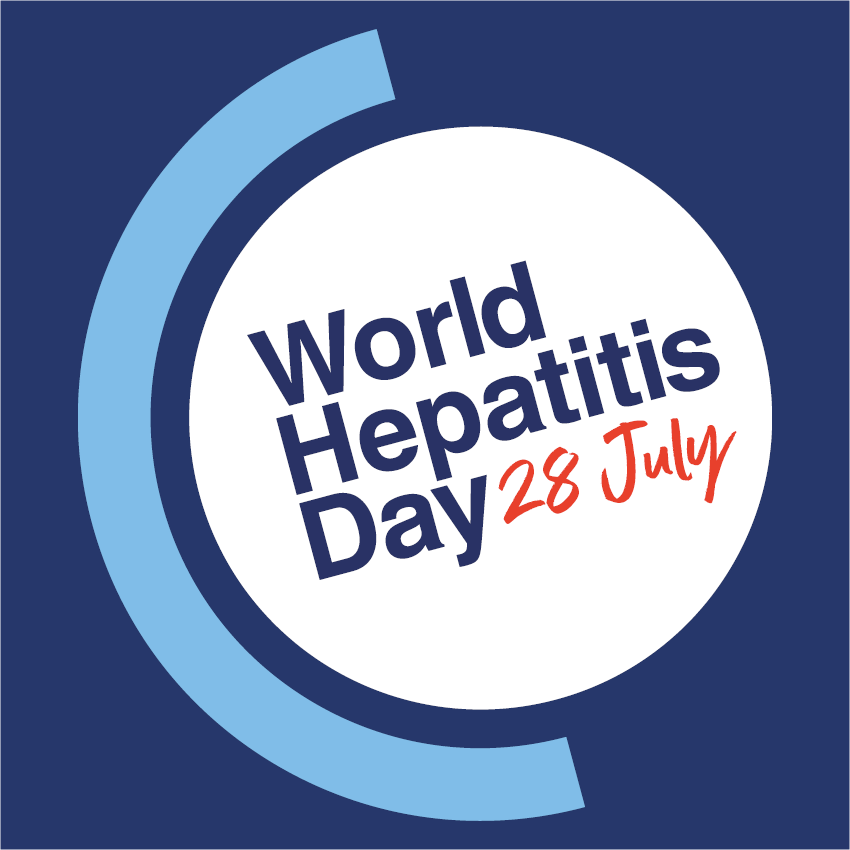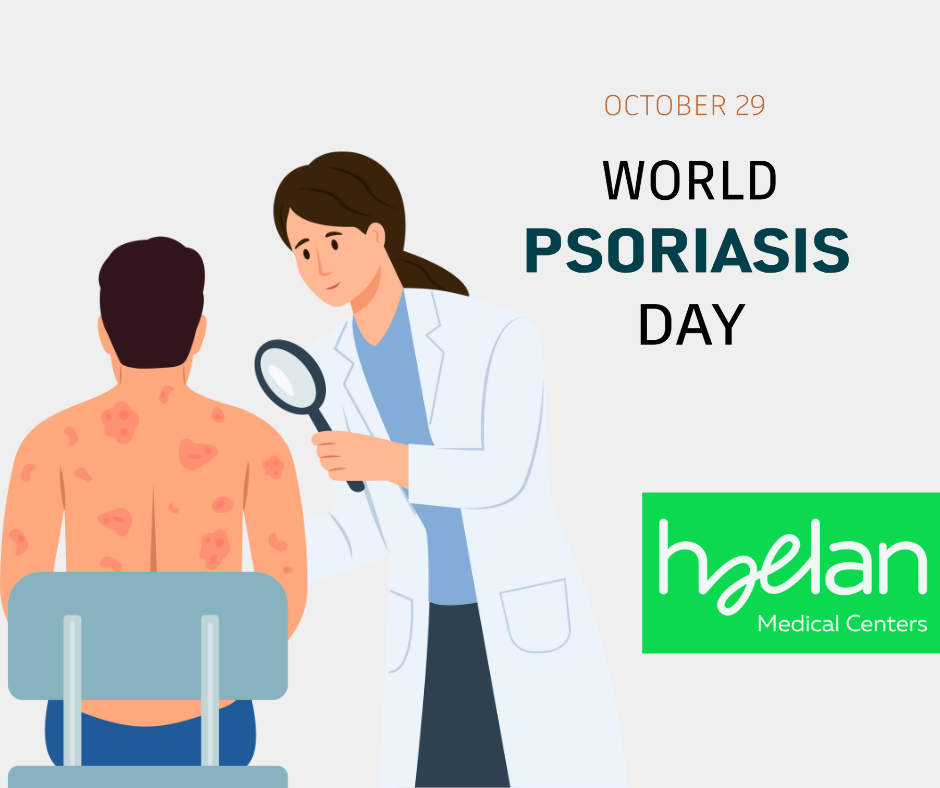Chronic viral hepatitis — it is important to know

On occasion World Hepatitis Day which we celebrate every year on 28 July, Georgi Rusev MD, gastroenterologist In MC Haelan Care talks about chronic viral hepatitis - why they are such a serious problem and how we can protect ourselves.
Chronic viral hepatitis are one of the most serious but often underestimated health topics in our country. They affect thousands of Bulgarians, but unfortunately many people do not even suspect that they carry the virus. In this article we talk about what they are, who is at risk, how to detect them in time and what can be done for treatment and prevention.
Types of Hepatitis — Which Are Dangerous?
There are five types of viral hepatitis — A, B, C, D and E. Of these, only hepatitis B and C can become chronic. Hepatitis D only occurs in people who are already infected with hepatitis B.
When we say that a hepatitis is chronic, we mean that the virus remains in the body and does not clear up completely without treatment. This carries the risk of serious complications such as liver cirrhosis and liver cancer (hepatocellular carcinoma).
How many people are affected?
According to the World Health Organization, about 254 million people worldwide live with chronic hepatitis B and about 50 million live with chronic hepatitis C.
In Bulgaria, about 3— 5% of the population is a carrier of the hepatitis B virus. Hepatitis C in the period 2013-2016 affected more than 138 thousand people.
It is important to know that:
- In adults, about 5— 10% of those infected with acute hepatitis B develop a chronic form.
- With hepatitis C, about 75% of cases go into chronic if left untreated.
Who are at risk?
The risk of infection increases in certain situations. The main ways of transmission are:
- For hepatitis B — through body fluids
- For hepatitis C — mainly through blood
The most risky are:
- Medical workers who work with blood
- People who use intravenous drugs
- Persons with multiple sexual partners or without protective equipment
- Men who have sex with men
- People living with a carrier of hepatitis B
- Patients on hemodialysis
- Persons in prisons
- People with tattoos or piercings made under non-sterile conditions
- Babies born to mothers with hepatitis B
- People traveling to countries with high morbidity
- Patients who received blood transfusions before 1990
What are the symptoms?
Very often, acute or chronic hepatitis proceeds without pronounced symptoms. There may be:
- Lack of energy
- Loss of appetite
- Nausea
- Disorders in the menstrual cycle
- In rare cases — yellowing of the sclera and skin (icterus)
Often the only “signal” is slightly elevated liver enzymes in routine blood tests. However, the absence of symptoms does not mean that there is no risk of severe complications such as:
- Cirrhosis of the liver
- Liver cancer
- Extra-hepatic diseases — vascular, renal, hematological, neurological and others
How do we know if we are infected?
If routine tests show elevated liver enzymes (ASAT, ALT) or you fall into a risk group — see a gastroenterologist.
The first step is research for:
- HBsAg — for hepatitis B
- Anti-HCV — for hepatitis C
These markers are the basis for detecting a carrier. Screening is recommended for:
- All people with risk factors
- Pregnant women (recommended as early as the first trimester)
- People who are about to undergo immunosuppressive therapy
- Every adult at least once in his life
With a positive result, additional examinations are carried out and appropriate treatment is initiated. In Bulgaria, access to diagnostics and therapy is provided by the health insurance fund.
Is there a cure?
Hepatitis C is completely treatable — the virus can be completely eliminated.
Hepatitis B cannot be completely cured, but modern treatment suppresses the virus and reduces the risk of complications.
For health-insured patients, treatment is fully covered by the NHS.
How to protect ourselves?
The most important step is to avoid risk factors and get vaccinated.
Since 1992, the hepatitis B vaccine has been mandatory for all newborns in our country. If you were born before 1992 and have not been vaccinated, you can do so after a pregnancy test. This is especially important for people at risk.
It is important to know that:
- Immunity after vaccination is not lifelong - it is good to periodically check the level of protective antibodies
- With a low titer, reimmunization is recommended
- The vaccine for adults is Engerix B (free for the health insured) or the combined Twinrix (hepatitis A + B)
- Unfortunately, there is still no vaccine against hepatitis C
Conclusion
Chronic viral hepatitis remains a hidden but serious health risk for thousands of Bulgarians. On the occasion of World Hepatitis Day, we remind you of the importance of knowing the risk factors, doing regular examinations and looking for a specialist in case of doubts or deviations in research.
If you have questions or concerns, do not delay — book an appointment for a consultation with Dr. Rusev at the Medical Center Haelan Care. Together we can find the best solution for your health.

.webp)

.png)
.png)